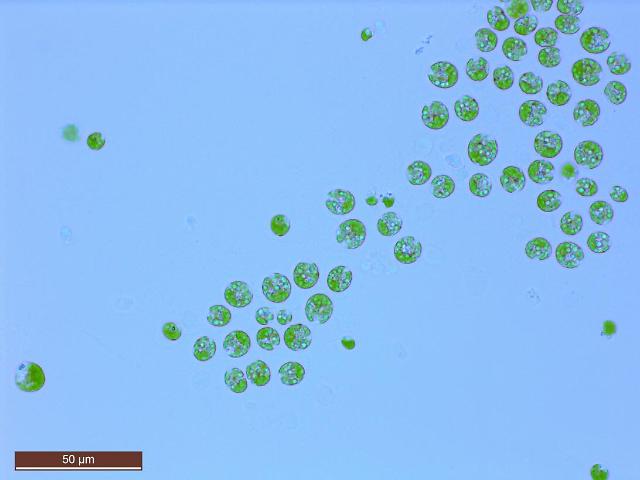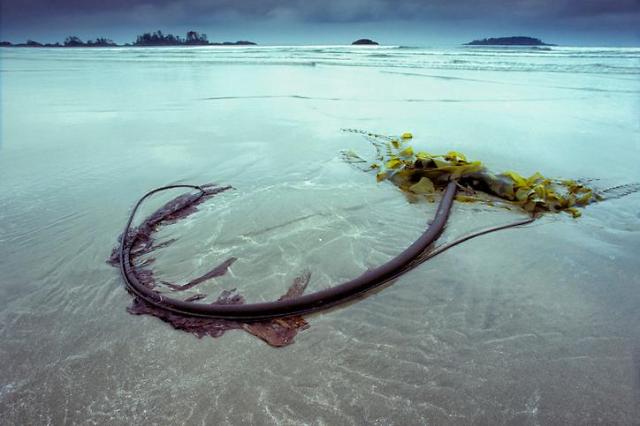Study finds ancient algae knew how to survive on land before leaving water
By Park Sae-jin
Posted : October 15, 2015, 16:02
Updated : October 15, 2015, 16:02
The study, conducted by a team of scientists from the University of Wisconsin, Madison, and other international collaborators and published in the U.S. journal Proceedings of the National Academy of Sciences, solved a long-running mystery about the first stages of plant life on earth.
"Without the development of this pre-adapted capability in alga, the earth could be a very different place today," said lead author Pierre-Marc Delaux of the university.
Up until now, it had been assumed that the algae evolved the capability to source essential nutrients for its survival after it arrived on land, by forming a close association with a beneficial fungi, called arbuscular mycorrhiza (AM), which still exists today and helps plant roots obtain nutrients and water from soil in exchange for carbon.
The previous discovery of 450 million-year-old fossilized spores similar to the spores of the AM fungi suggested this fungi would have been present in the environment encountered by the first land plants.
Remnants of prehistoric fungi have also been found inside the cells of the oldest plant macro-fossils, reinforcing this idea.
By Ruchi Singh



![[영문] PetroAlgae Raises $10 Million in Common Stock Offering](https://image.ajunews.com/content/image/2008/12/25/200812250848327740021-2-98476.jpg)
